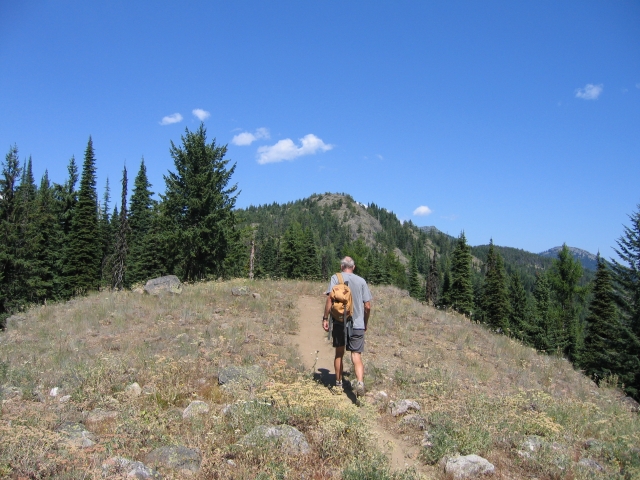Feeling Forgetful? Reduce Risk of Dementia
LIFESTYLE CHANGES CAN REDUCE DEMENTIA RISK
It’s never too late to make lifestyle changes to promote brain health.
Many Rossland residents already do most of the right things for brain health — exercise both body and mind, and eat a healthy diet low in fat and rich in vegetables and Omega-3 fatty acids. For those who are aging, and wondering whether dementia is setting in when we can’t find our keys just once too often, it’s good to talk about these things with knowledgeable people, and see if there’s more we can do to keep our minds in good form. Those knowledgeable people are also a good resource for those concerned about dementia in family members.
The Alzheimer Society of BC has local chapters, and the closest one to Rossland is based just down the hill, in Trail.
“What is good for your heart is good for your brain,” says Julie Leffelaar, regional Education & Support coordinator for the non-profit Alzheimer Society of B.C. for Trail and the West Kootenays.
Better control and detection for hypertension and diabetes, as well as measures to encourage smoking cessation and to reduce cardiovascular risk, have the potential to reduce the risk of dementia.
Currently 747,000 Canadians — including many in our area — are affected by the brain disorder, and that number is forecast to double within the next 25 years.
“While there is no clear-cut way to prevent dementia, you can take steps to lower the chances of developing the disease,” Leffelaar says.
It starts with knowing your personal risk. Cardiovascular disease, diabetes, hypertension, smoking and depression can increase the risk.
“Healthy lifestyle choices are good for your heart, as well as your brain,” she adds. Residents should choose a diet low in fat, incorporate exercise into daily routines, challenge their brains, be socially active, and protect their heads.
Another important step: talking to your doctor about your personal risk or if you have concerns about dementia. “There is a difference between normal aging and dementia.”
The Society is doing its part by offering a variety of programs and services for local residents.
A support and information group, for example, serves as a forum for sharing practical tips and strategies for coping with the disease. It helps create support and friendship with others whose lives are affected by dementia.
“The group is there for people who want to inform themselves with current information that will help improve quality of life with the disease. It’s a safe environment where you can learn, laugh, and help each other through mutual understanding.”
For more information on the Trail group contact Julie Leffelaar toll-free at 1-855-301-6742 or jleffelaar@alzheimerbc.org, and visit www.alzheimerbc.org.
























